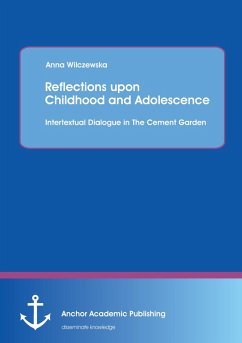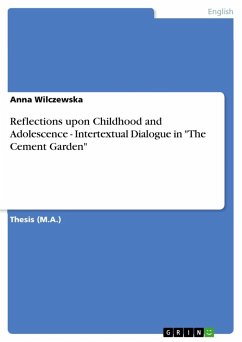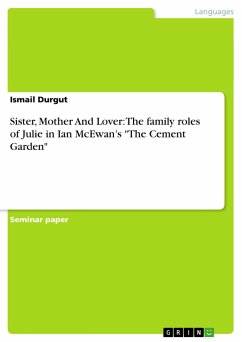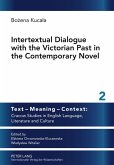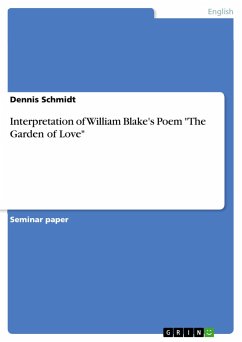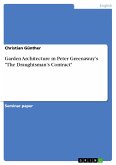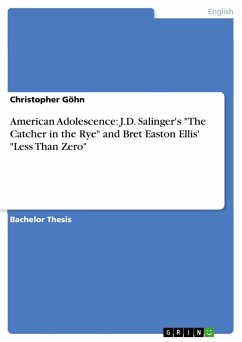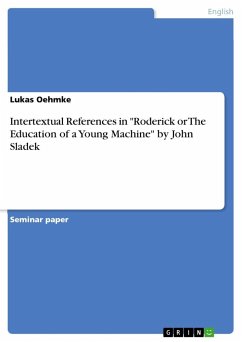The thesis is devoted to the intertextual analysis of The Cement Garden, the first novel of a famous postmodern British novelist Ian McEwan. In the following chapters I shall prove that the novel exhibits both intertextual relations with particular works of fiction and also enters into a discourse with the generic archetypes. The first chapter refers to the intertextual relation text-text and concentrates on the profound interconnectivity between McEwan s The Cement Garden and Golding s Lord of the Flies. The focus is also placed upon depiction of childhood and, in a more general sense, human nature by both authors in relation to the literary tradition. The chapter traces various techniques employed by McEwan in the novel, in order to refresh the already read and provide a modern vision of childhood and adolescence. The second and the third chapters are devoted to the intertextual discourse with the generic literary tradition, namely Gothic fiction and psychological novel of development. Both chapters depict the ways generic conventions are used in The Cement Garden, but also portray the author s deliberate departure and inversion of particular attributes of the genres. The author either provides the parody and inversion of the generic conventions, or employs particular generic aspects in order to effectively express and emphasize certain issues brought about in the novel. Thanks to the skillful use of the genres and their conventions, McEwan achieves an extraordinary effect and invites the reader to explore a complex network of literary allusions.
Hinweis: Dieser Artikel kann nur an eine deutsche Lieferadresse ausgeliefert werden.
Hinweis: Dieser Artikel kann nur an eine deutsche Lieferadresse ausgeliefert werden.

